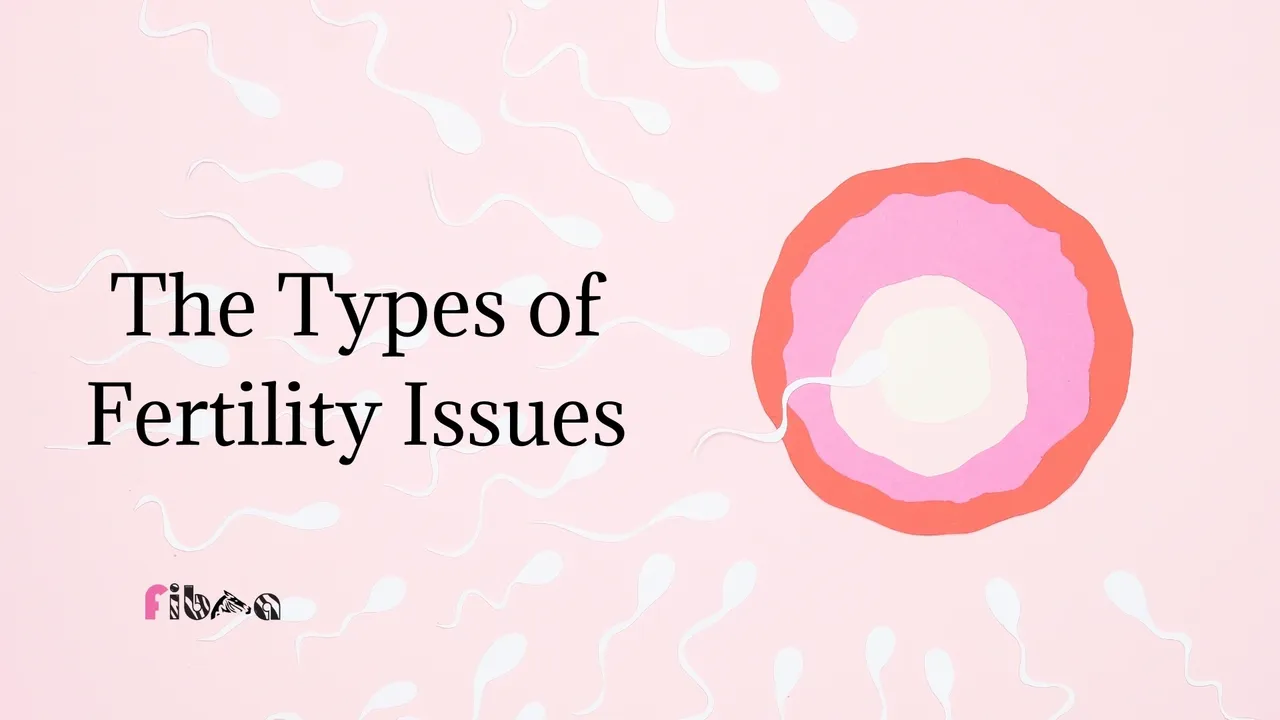Fibra™ Updates: Cutting-Edge Technology Meets Women’s Health

When speaking about fertility issues, it’s easy to just give a blanket statement: “I have fertility issues,” or “yeah, she told me about her fertility issues.”
Rarely does anyone think that there are different types of fertility issues.
More than that, no one really thinks to separate it by people who cannot get pregnant for the first time, or at all, and those who have had a successful pregnancy and seemingly a really hard and/or unsuccessful second try.
There are two types of fertility issues: primary and secondary.
Fertility issues are defined as “the failure to achieve pregnancy after 12 months or more of regular unprotected sexual intercourse” (World Health Organization). Primary is when a couple has not yet achieved a successful pregnancy. Secondary is when a couple has achieved at least one successful pregnancy, but is now having difficulties conceiving or carrying a pregnancy to term (World Health Organization).
Most people believe primary fertility issues are far more common than secondary, but it is actually just as common. About 11% of couples in the United States are affected by secondary fertility issues (Cleveland Clinic).
Fertility issues can be caused by either partner, both, or by unknown causes. Sometimes, there isn’t one single factor that causes fertility problems. Instead, it can be a combination of factors. Let’s walk through some of the most common causes of fertility issues for both men and women:
Women are born with all their eggs, which is why as women age, the number of eggs decreases and it becomes increasingly difficult to conceive. This occurs as women reach their 40s. However, men’s fertility also decreases with age. As men age, their sperm quality decreases. This usually occurs around age 40 to 45 for men (Department of Health and Human Services, 2014). It is entirely possible a couple who had their first child later in life will experience difficulties conceiving afterwards.
Complications from a previous pregnancy can have an impact when trying to conceive for the second time. For example, due to the scarring caused by C-sections, it is reported that about 20% of women who gave birth via C-sections had a difficult time conceiving afterwards (Reproductive Medicine Associates).
Of course, smoking or drinking once in a while won’t cause your fertility to drastically decrease. However, drinking or smoking on a daily basis can cause changes in a woman’s menstrual cycle, thus affecting ovulation as well. Drinking or smoking daily has a negative effect on men’s fertility as well, as men who drink or smoke daily are more likely to have a lower sperm count (Ovia Health, 2021). Other lifestyle changes, such as gaining a large amount of weight, can affect fertility as well (Cleveland Clinic).
You should contact your healthcare provider if you are younger than 35 and have been trying to conceive after a year of regular unprotected sex. If you are 35 or older, you should contact your healthcare provider after six months.
Fertility issues can come with a lot of negative emotions, but it is essential to remember your fertility does not define your worth. Regardless of your fertility, you are loved and cared for.
Be sure to sign up for the waitlist and stay up to date on all Fibra product info and news.
References:
Department of Health & Human Services. (2014, March 3). Age and fertility. Better Health Channel.
Learn the effects smoking & drinking may have on fertility. Ovia Health. (2021, October 1).
moke%20may%20be,a%20day%20can%20be%20detrimental
Secondary infertility. Cleveland Clinic. (n.d.).
Secondary Infertility, Why You Might Not Be Getting Pregnant. (n.d.). Reproductive Medicine Associates.
World Health Organization. (n.d.). Infertility. World Health Organization.

We do this for ourselves, our mothers, grandmothers, sisters, daughters, and granddaughters—because every woman deserves the tools to understand and care for her body with confidence. Together, we’re building a healthier, more informed future for generations to come.
© 2024 Fibra Inc.Ca.com, All Rights Reserved
Developed & Design by WebHEQ